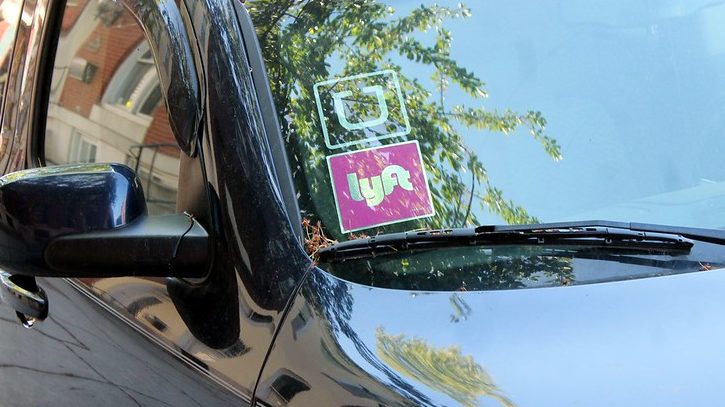
Uber and Lyft lose California appeal on employee classification
26 October 2020
by Christopher Carey
Uber and Lyft have been ordered by California’s court of appeals to classify their drivers as employees.
In a 74-page ruling, the court affirmed an injunction issued on 10 August requiring the ride-hailing firms to classify their drivers as employees within 30 days.
The decision, however, will not go into effect before California voters decide on Prop 22, a ballot that would exempt Uber, Lyft and other gig economy firms from the state law that requires workers to be classified as employees instead of independent contractors.
Both firms – which have more than 400,000 drivers in California alone – have threatened to withdraw services from the state in the event of a ‘no’ vote.
In response to the court’s decision, Uber said: “Today’s ruling means that if the voters don’t say ‘Yes’ on Proposition 22, rideshare drivers will be prevented from continuing to work as independent contractors, putting hundreds of thousands of Californians out of work and likely shutting down ridesharing throughout much of the state.”
A Lyft spokesperson echoed this message, and added that the company is still considering all legal options, including an appeal to the California Supreme Court.
It is estimated that upgrading drivers to employee status could add up to 30 percent in labour costs for firms, and the ride-hailing giants, along with other gig economy firms, have spent almost US$200 million lobbying the electorate on the upcoming vote.
What this means
The ruling places increased importance on the outcome of Prop 22 on 3 November, which, aside from an unlikely Supreme Court reprieve, is the ride-hailers’ last chance to gain an exemption from state law.
In May, California’s Attorney General, Xavier Becerra, announced that the state was suing Uber and Lyft for violation of AB5, a law that took effect 1 January 2020 and assumes workers are employees unless they meet strict criteria.
This meant that drivers were classed as employees instead of independent contractors – guaranteeing benefits such as overtime, sick leave and expense reimbursement for gig workers.
The firms had argued they were exempt, but the judge said that argument was undercut by their attempts to overturn the legislation and support for Prop 22.
In a statement, Gig Workers Rising, an advocacy group for better wages and working conditions for gig workers, said: “This is a huge victory for workers. Once again, the state has looked at the law and found it clear: Uber and Lyft drivers deserve basic protections and benefits.”








